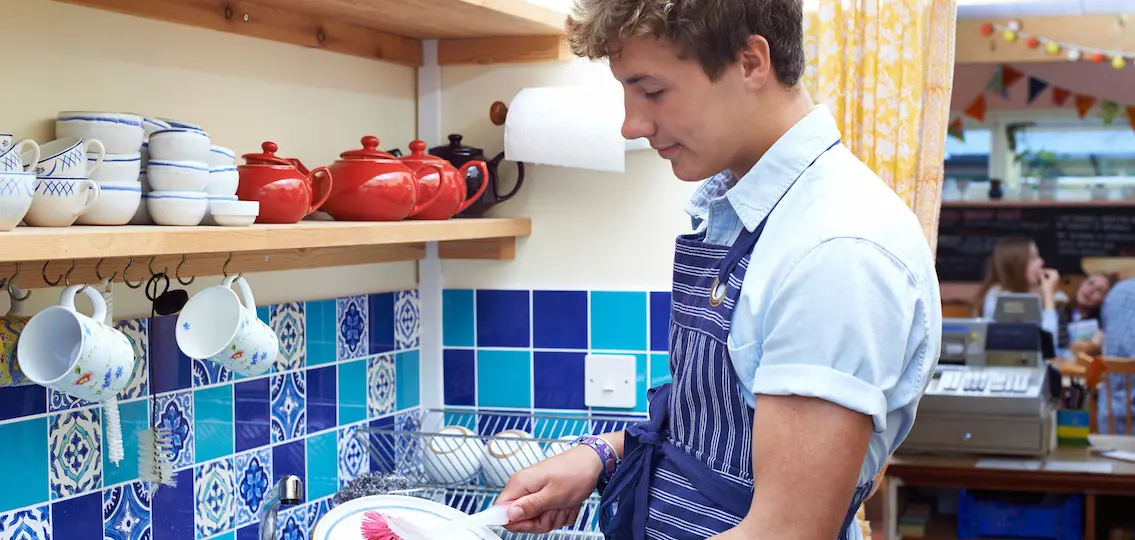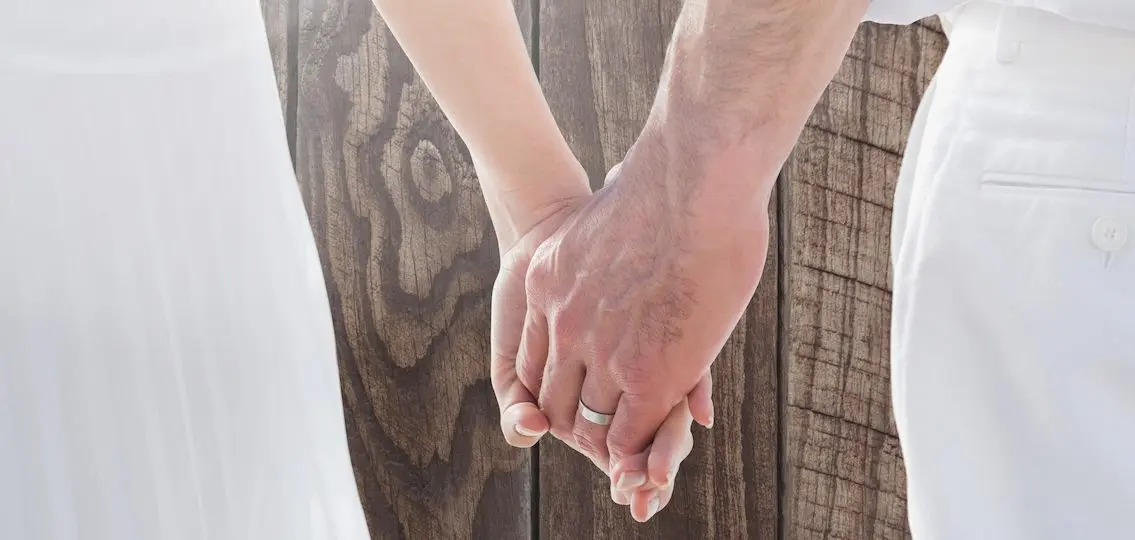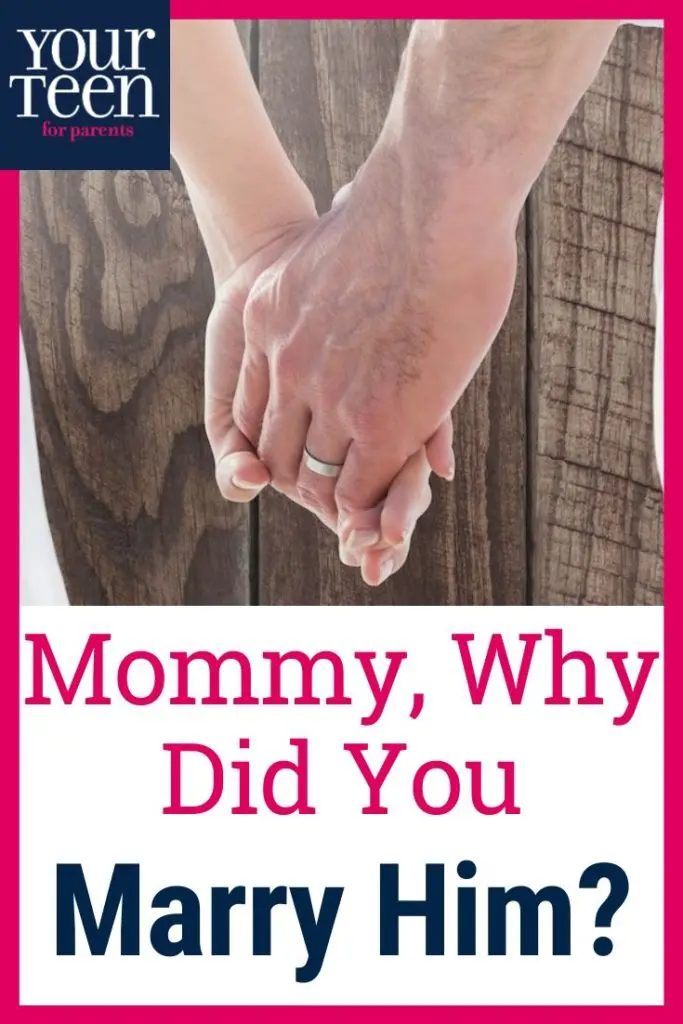Many years ago, as I helped my toddler daughter out of the tub, my husband came into the bathroom and started acting goofy. As was our custom during the chaotic witching hour of bath and bedtime, we often played music and acted silly with our two children. As my 4-year-old son brushed his teeth while watching my husband make funny faces in the mirror, my son looked at me with a mouthful of toothpaste and said, “Mommy, why did you marry him?”

And it made me laugh. He wasn’t wrong in asking for an explanation: My husband truly looked ridiculous.
When the topic of marriage and commitment came up when my kids were younger, I always leaned into the typical reasons to pick a partner. Find someone who loves and cherishes you and who shares the same outlook on life. I’ve told my kids to look for partners who are respectful and kind, patient and loving, but to also look for someone who will call them on their BS if they’ve made a mistake. Ahem.
But, as my marriage evolved, I started to realize that finding someone who still wants to have sex after he has seen your post-childbirth body and still (occasionally) laughs at your jokes isn’t enough to sustain a marriage—though it helps.
Four years ago, our marriage came to a crisis point.
Fifteen years of marriage and almost 20 years together had found us buckling under the pressure of kids, job stresses, and the growing pains that come with facing an empty nest. On the day that could have broken us forever, I quietly whispered, “I want a divorce,” as our kids hung out on the patio watching YouTube.
In that moment, that crisis point moment, my husband said the words that changed our course forever. He looked at me straight in the eye and asked me to go to counseling. But not so I’d stay and fix things. “Let’s go to counseling to make sure you want to leave,” he said.
He gave me an out that day, but it was in that moment that I knew he’d finally heard what I had been trying to say for months, years even. For the first time in a long time, he’d communicated what I needed to hear. It was a starting point.
Since that fateful day in our kitchen, we’ve done the heavy lifting. We’ve done the hard work of forging a new bond, based on communication and trust. We found a marriage counselor to help us wade through the minefield of hurt feelings and miscommunication. We have found the kindness again in our marriage.
When the pandemic hit and we faced months in quarantine, my husband and I leaned on the skills we learned in therapy on the days when the walls seemed to be closing in on us.
It’s hard work being married on a good day, even more so when you are riding out a shelter at home order and worried about your family’s safety 24/7.
But, as the months unfolded and I watched my husband adapt to working from home and collaborate with me to juggle the responsibilities that come with an extended quarantine, I realized that what I’d tell my teens to look for in a partner is very different now than what I’d have said even a few months ago.
Yes, I want them to find a partner who will love and cherish them in sickness and in health.
Of course, I want them to find someone who still finds them sexy when they are wearing an old T-shirt from high school.
But what I want most for them is to find someone who is willing to be vulnerable, even if it means long hours sitting sullenly on a therapist’s couch.
I want my teens to find partners who are willing to do the emotional labor that comes with being partnered long-term.
I want my teens to find partners who view therapy as a necessary and valuable tool in a relationship. It’s not a death sentence that leads to divorce court.
And, I want them to find life partners who are willing to go to therapy before a personal crisis, or a pandemic, pushes their relationship to the brink. Someone who believes in talking early and talking often, no matter how long it takes to find understanding.
Not long after my husband and I started going to therapy, I told a friend that I felt like my fairy tale had ended. That my Cinderella version of marriage had turned into a pumpkin.
“Girl, Cinderella lied to all of us,” he said. He made me realize that fairy tales are bogus and that glass slippers shatter eventually.

The Disney version of “happily ever after” is nothing more than a vague wedding-day wish. And that’s where the story really begins, not ends. I want my teens to find partners who will show up and do the work, the real work of being married. Because it can be a difficult story, but it’s a story worth writing.





